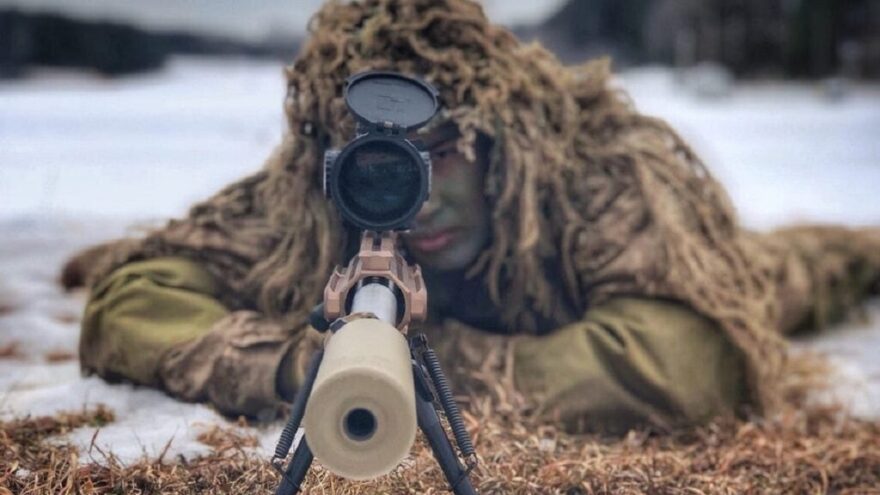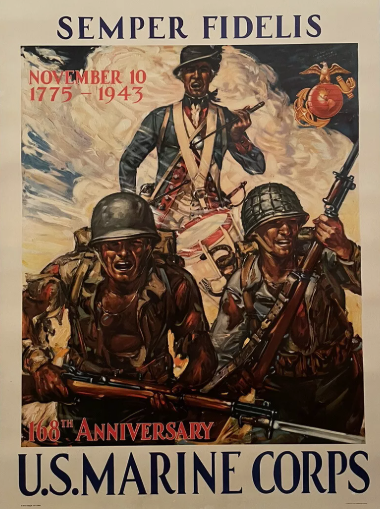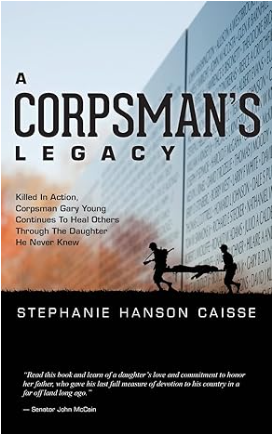The role of a Marine sniper is one of the most demanding and prestigious within the United States Marine Corps. Marine snipers are elite marksmen, trained not only to deliver precision fire but also to operate independently in hostile environments, gathering intelligence and providing support to their units. The journey to becoming a Marine sniper is grueling, requiring intense training, mental fortitude, and a commitment to excellence. In this blog post, we’ll explore the Marine Sniper School, the training process, the unique duties snipers perform, the challenges they face, and the critical role they play in combat.
The journey to becoming a Marine sniper begins with a rigorous selection process. Marines who aspire to become snipers must first demonstrate exceptional marksmanship and physical fitness. They need to have a high level of proficiency with their standard issue weapons, usually the M16 rifle, and must pass stringent physical fitness tests.
Applicants must also display strong discipline, attention to detail, and an ability to work independently. These qualities are essential, as snipers often operate in isolated and challenging conditions. Only a small percentage of Marines are selected to attend Sniper School, making it a highly competitive and coveted opportunity.
Marine Sniper School is renowned for its intense training regimen, designed to transform skilled marksmen into elite snipers. The course, which typically lasts around 12 weeks, is physically and mentally demanding. It covers a range of skills, from advanced marksmanship to fieldcraft, camouflage, and reconnaissance.
Marksmanship is at the core of sniper training. Marines learn to shoot accurately from various distances, often extending to 1,000 meters or more. They are trained to account for factors like wind, temperature, humidity, and bullet trajectory to ensure precision. The school emphasizes a “one-shot, one-kill” mentality, instilling the importance of accuracy and patience.
Fieldcraft and camouflage are crucial components of sniper training. Marines are taught to move stealthily, conceal themselves in various environments, and remain undetected. They practice creating ghillie suits—camouflaged outfits that blend with natural surroundings—and learn to use natural cover to their advantage. This training is essential for remaining hidden while observing enemy movements or setting up for a critical shot.
Snipers often serve as the “eyes and ears” of their units, gathering intelligence and observing enemy activity. Marine Sniper School places significant emphasis on reconnaissance and surveillance. Trainees learn to use observation techniques, map reading, and communication skills to report valuable information back to their units. This aspect of training requires patience and keen attention to detail, as snipers may spend hours or even days in a single position, gathering intelligence.
Once a Marine completes Sniper School, they join a scout sniper platoon and take on a variety of roles in their unit. The primary role is to provide precision fire support, often targeting high-value enemy personnel or equipment. Snipers also play a critical role in reconnaissance and intelligence gathering, providing their commanders with valuable information that can shape the outcome of a mission.
Snipers operate in small teams, often consisting of a shooter and a spotter. The spotter assists with target identification, windage calculations, and communication with other units. This teamwork is crucial, as snipers must rely on each other to achieve mission success and maintain their safety in the field.
The life of a Marine sniper is filled with challenges. Operating in hostile environments requires physical endurance and mental toughness. Snipers must carry heavy equipment over long distances, often in extreme weather conditions. They must remain focused and alert for extended periods, even when fatigued or under stress.
In combat situations, snipers are exposed to danger and may face counter-sniper tactics from the enemy. Staying hidden and avoiding detection is paramount, as snipers are often high-priority targets for opposing forces. This constant threat requires snipers to maintain a high level of discipline and situational awareness.
Marine Sniper School is a crucible that forges elite marksmen into highly skilled and versatile warriors. The training is rigorous, and the demands are high, but those who complete the course join the ranks of some of the most respected and effective warriors in the Marine Corps. Marine snipers play a vital role in combat, providing precision fire, gathering intelligence, and supporting their units with unparalleled skill and dedication. The challenges they face and the sacrifices they make underscore the unique and honorable role they play in the defense of their nation.
Here’s a glimpse into the stories of some famous Marine Corps snipers:
Carlos Hathcock is one of the most well-known Marine Corps snipers, revered for his legendary marksmanship during the Vietnam War. He was known for his meticulous patience and focus. In one remarkable story, Hathcock crawled through 1,500 yards of dense jungle for three days to reach a sniper position without being detected by the enemy. His patience and stealth were rewarded when he eliminated a high-value target, demonstrating his unmatched skill and dedication.
Chuck Mawhinney served as a Marine Corps sniper during the Vietnam War, where he recorded a high number of confirmed kills. He grew up in a hunting family, which helped hone his shooting skills from a young age. Mawhinney’s cool demeanor and keen shooting abilities contributed to his success in the field. One notable incident involved Mawhinney engaging and neutralizing a group of enemy soldiers while providing cover for his fellow Marines. His calmness under pressure and exceptional accuracy made him a revered figure among Marine snipers.
Gunnery Sergeant Jack Coughlin is another respected Marine sniper who served during the Gulf War and in Somalia. He is known for his sniper team leadership and his work in developing sniper tactics for urban environments. Coughlin’s experiences inspired him to co-author a book titled “Shooter,” in which he detailed his journey as a Marine sniper. He was praised for his ability to adapt to changing battlefield conditions and for his keen observational skills, which helped ensure mission success.

 Our legacy lives through the stories we tell. The Suck Life wants yours! Make Chesty proud!
Our legacy lives through the stories we tell. The Suck Life wants yours! Make Chesty proud!



 Semper Fidelis
Semper Fidelis



